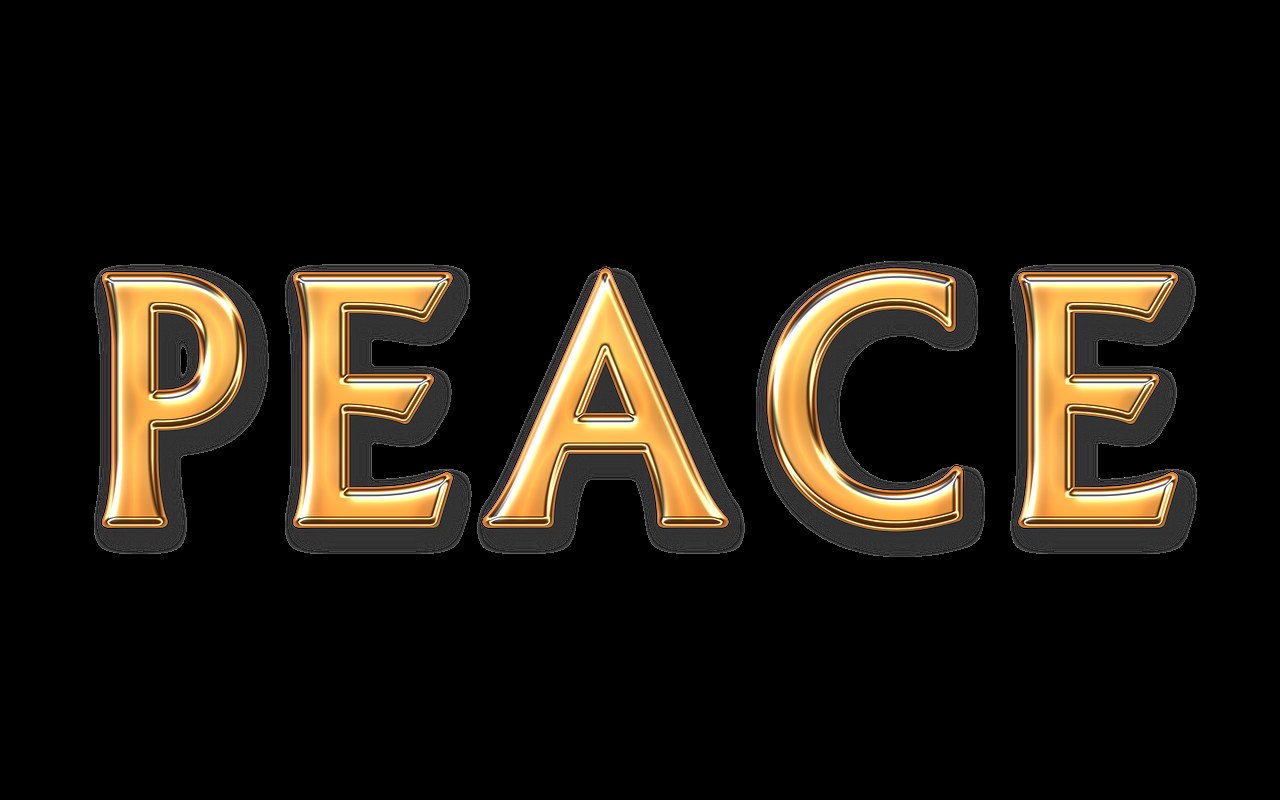Opting out of romance can look radical from the outside, yet for many it’s simply honest. If you’re not interested in dating, you’re allowed to say so – and you don’t owe anyone a justification. Love can be luminous when it aligns and brutal when it doesn’t; both truths coexist. That duality is precisely why some people step back, take stock, and build a life that feels steady without coupling. In a culture that often treats partnership as a milestone, declaring that you are not interested in dating is less a rebellion and more a clear expression of values and capacity.
To people accustomed to pairing up, the decision can be confusing. They’ll remind you of butterflies, shared brunches, and weekend getaways – and forget the sleepless nights, mismatched expectations, and grief that can follow. When you’re not interested in dating, you’re weighing your energy, your priorities, and your appetite for risk. You’re also navigating a social script that assumes romance is universal. It isn’t. Some discover that intimacy thrives best in friendships; others find that commitment to craft, learning, or community offers richer meaning. None of this requires apology.
The landscape that shapes today’s choices
Once upon a time, meeting a partner meant proximity – neighbors, classmates, coworkers, or introductions through family. Gateways were narrow, and effort was tangible: a conversation at a party, a ride home, dinners that stretched into late-night walks. Today the gateways are infinite. A swipe invites a chat; a chat invites another swipe. Paradoxically, abundance can dull focus – endless options encourage dabbling rather than depth. If you’re not interested in dating, the constant churn can feel like background noise you never asked to hear.

Dating apps did simplify that first hello and complicated everything after. The buffet effect beckons – when variety is always available, sampling can eclipse savoring. For some, that perpetual sampling drains patience and stokes ambivalence. Why commit when novelty is two taps away? For others, the sheer logistics – profiles, messaging, safety checks, calendar juggling – resemble a part-time job they never wanted. It’s no wonder that many say they are not interested in dating and choose to invest in pursuits where effort yields clearer returns.
Where pressure to partner comes from
Families ask, friends nudge, and holiday tables become informal status updates. The questions are familiar: When will you meet someone? When will you settle down? Such prompts often come wrapped in love, but they still press. They spring from a long tradition – couple, marry, raise children – that worked for many and still does. Yet tradition isn’t a mandate. If you’re not interested in dating, you can acknowledge those expectations without adopting them. Autonomy is not a slight to your loved ones; it’s stewardship of your own wellbeing.
Social narratives equate partnership with adulthood – and solo living with a temporary station. That story ignores the flourishing lives built outside romance: deep friendships, chosen families, fulfilling work, slow weekends that belong only to you. Declining to date can be a thoughtful decision rather than a reaction. It can reflect clarity about needs, boundaries, and the season of life you’re in. Being not interested in dating simply means you’re choosing a path that fits your bandwidth right now – not forever, not never, just honestly now.

Before you opt out, check your “why”
If you’re not interested in dating because you’re healing, honor that. If it’s because your days are already full with work, study, art, or caregiving, that’s valid too. If you’re content and curious about everything except romance, that’s also coherent. What matters is motive. Avoid deciding from fear alone – fear can freeze possibilities and flatten nuance. But if your reason is alignment – the sense that your time, energy, and values are better invested elsewhere – then letting others know you’re not interested in dating can be a relief.
Clarity doesn’t require permanence. You can take a long pause, recalibrate, and change your mind later. Or not. Anyone telling you that you must want what they want is projecting. Your job is to live your own life – not the version someone else storyboarded. If you remain not interested in dating, you’re still allowed companionship, joy, and purpose. Those experiences are not exclusive to romantic relationships.
Common reasons people say “no thanks” to dating
Every person has a different mix of experiences and temperaments. Below are varied, overlapping reasons someone might be not interested in dating. The list isn’t a prescription – it’s a mirror held at different angles.

-
Past heartbreak still echoes. When a relationship ends, it can feel like losing a part of your daily architecture – routines collapse, future plans dissolve, and the body keeps the score. If you’re not interested in dating after deep hurt, that resistance can be protective while you heal. Just be careful not to wrap your wounds so tightly that they never breathe – scar tissue forms with air and time.
-
Early models of love were corrosive. Some grew up watching parents or caregivers who fought, stonewalled, or quietly resented each other. If discord was the soundtrack of home, opting out later can seem like common sense. Yet relationships vary widely; gentle, respectful partnership exists. If you’re not interested in dating because of the past, you can still choose new role models and rewrite the script – if and when you ever want to.
-
Trust was broken. Being misled, manipulated, or cheated on can make a person question the whole enterprise. Skepticism becomes a shield. When you say you’re not interested in dating, you’re asserting control over who gets access to your trust – a scarce resource you’re no longer handing out cheaply. Future connections, if they happen, can move slowly, with clearer boundaries and better vetting.
-
Work is the current center of gravity. Career sprints demand presence – late nights, weekend deadlines, travel. If ambition is energized and opportunities are compounding, it’s coherent to be not interested in dating for now. The rewards from projects shipped, teams built, and problems solved can satisfy the same parts of you that crave momentum and growth.
-
Parenthood isn’t on the life plan. Some people simply don’t want children. Because many equate partnership with the road to parenting, the whole path can feel irrelevant. If you’re not interested in dating because your vision of adulthood doesn’t include kids, that’s a legitimate, thoughtful stance. Relationship does not equal nursery – but bowing out can be simpler than negotiating mismatched goals.
-
Exhaustion with drama. Even healthy relationships require maintenance – calendars to sync, moods to read, repairs to make after missteps. For others, the roller coaster tilts too steeply: jealousy spikes, miscommunications snowball, quiet resentment accumulates. If peace is your north star, it’s understandable to be not interested in dating and to curate a calm, predictable daily life instead.
-
Independence is bliss. There’s a distinct freedom in answering to no one – choosing a weekend trip on a whim, buying the impractical car, setting your home exactly as you like it. Autonomy is not anti-love; it’s a texture of living. When you’re not interested in dating, you’re protecting that texture – the spaciousness that lets you experiment, rest, and pivot without negotiation.
-
Marriage isn’t the goal. Dating is often treated as a conveyor belt toward vows. If you’re not interested in dating because you don’t want to discuss forever, that’s fair. You can also refuse the conveyor entirely. Some people prefer deep friendship networks, creative partnerships, or solo adventures – commitments shaped by choice rather than ceremony.
-
Connection doesn’t land that way. Some folks are wired for solitude – energized by long stretches of quiet, rich inner worlds, routines that feel anchoring. It’s not that they can’t meet people; they’re simply not interested in dating and the kind of intimacy it assumes. They may prefer forms of closeness that don’t revolve around romance.
-
Aromantic orientation. Romantic attraction exists on a spectrum. Aromantic individuals feel little or no pull toward romantic bonds – some may enjoy companionship, creativity, or shared projects without a desire for candlelit rituals. If you’re aromantic and not interested in dating, your stance reflects orientation, not a temporary mood.
-
Asexual orientation. Asexual people experience little or no sexual attraction; some engage sexually, others don’t. Because many romantic relationships presume a sexual component, opting out can feel aligned. If you’re asexual and not interested in dating, you might still relish closeness – conversation, collaboration, co-living – without the expectations that typically accompany romance.
-
Recovery from a difficult breakup. Sudden endings – especially those you didn’t choose – can scramble confidence. People emerging from controlling or abusive dynamics may associate dating with danger. In that context, saying you are not interested in dating is a boundary that safeguards your rebuilding process. Safety first, curiosity later – if at all.
Living well outside the dating script
Removing dating from your calendar doesn’t remove affection, play, or community from your life. You can cultivate rituals that nourish you – regular dinners with friends, volunteering, learning a language, long bike rides along quiet roads. If you’re not interested in dating, you can still design a home that welcomes people you love and a schedule that leaves room for unhurried mornings. Joy doesn’t require a plus-one; it requires attention.
There’s also companionship without romance – housemates who split bills and share recipes, creative partners who challenge and delight each other, mentors and mentees who invest across generations. If you’re not interested in dating, you can still be deeply connected. Your circle can be as intentional as any marriage, bound by choice and care rather than courtship. That kind of life is neither consolation prize nor placeholder – it is a complete, coherent option.
How to handle questions and pushback
People will ask why – sometimes gently, sometimes with a raised eyebrow. You don’t need a perfect script, but a few lines help. “I’m not interested in dating right now; I’m content with how my life is set up.” Or: “I’m focused on other priorities – if that changes, I’ll let you know.” These responses are simple, true, and firm. They sidestep debates and remind others that your time is yours. If you remain not interested in dating, consistency matters – say it the same way every time and the questions quiet down.
Well-meaning matchmakers may persist. Choose a boundary that fits: a polite decline, a redirect to another topic, or a request that friends stop raising the subject. Boundaries are not walls; they are signage – this way in, that way not. When you’re not interested in dating, clarity spares everyone the awkwardness of mixed signals.
Giving yourself permission – either way
You might revisit the question months or years from now. Curiosity could return, or not. If you change your mind, you haven’t betrayed your former self; you’ve updated your map with new information. If you don’t, you’re still whole. The point isn’t to swear off romance forever – unless that’s authentic for you – but to align your choices with your season. Living as not interested in dating can be temporary or durable; either way, it’s a legitimate path.
If you do re-engage, go slowly. Start with conversations that feel easy. Observe how your body responds around someone – is there calm, or tension you talk yourself out of noticing? Keep your friendships strong so that one new connection isn’t asked to carry your entire social world. And remember: opting out remains available at any moment. If the process drains you more than it enriches you, you can return to being not interested in dating without apology.
A final word on choice and dignity
Whether you’re enthusiastic about romance or not interested in dating at all, dignity sits in the driver’s seat. Your days are finite – spend them where meaning accumulates for you. You can love widely without pairing off, and you can choose solitude without loneliness. If someone insists you’re missing out, they’re speaking from their story, not yours. You’re allowed to say “no, thanks,” and mean it – today, tomorrow, and for as long as that answer fits.